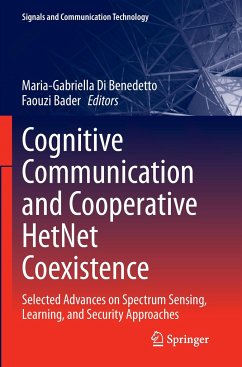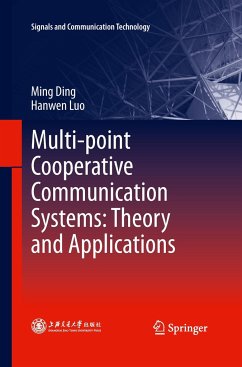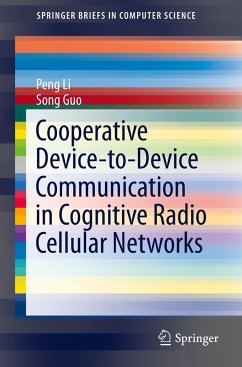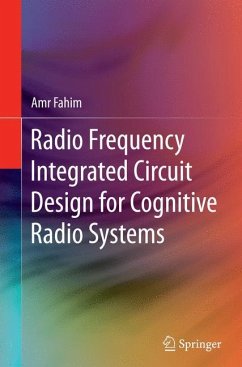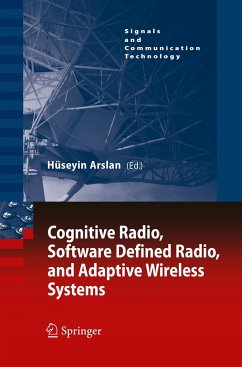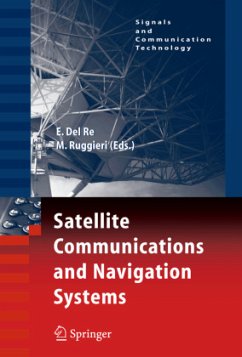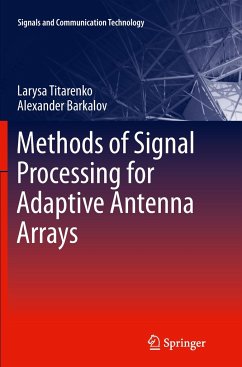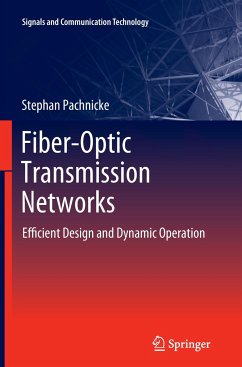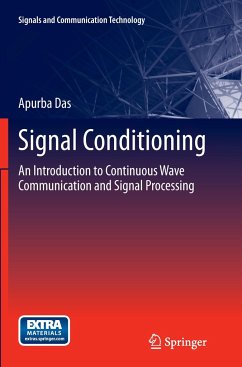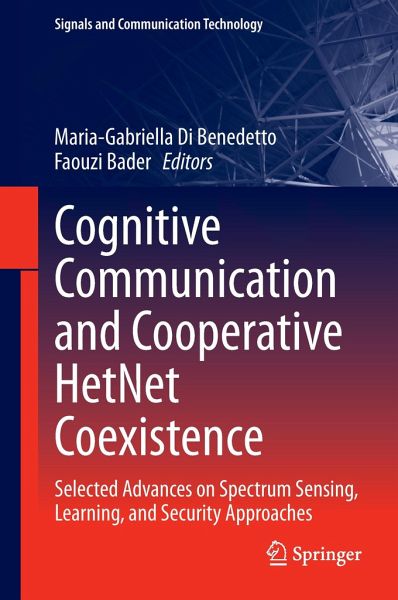
Cognitive Communication and Cooperative HetNet Coexistence
Selected Advances on Spectrum Sensing, Learning, and Security Approaches
Herausgegeben: Di Benedetto, Maria-Gabriella; Bader, Faouzi

PAYBACK Punkte
57 °P sammeln!
This book, written by experts from universities and major industrial research laboratories, is devoted to the very hot topic of cognitive radio and networking for cooperative coexistence of heterogeneous wireless networks. Selected highly relevant advanced research is presented on spectrum sensing and progress toward the realization of accurate radio environment mapping, biomimetic learning for self-organizing networks, security threats (with a special focus on primary user emulation attack), and cognition as a tool for green next-generation networks. The research activities covered include wo...
This book, written by experts from universities and major industrial research laboratories, is devoted to the very hot topic of cognitive radio and networking for cooperative coexistence of heterogeneous wireless networks. Selected highly relevant advanced research is presented on spectrum sensing and progress toward the realization of accurate radio environment mapping, biomimetic learning for self-organizing networks, security threats (with a special focus on primary user emulation attack), and cognition as a tool for green next-generation networks. The research activities covered include work undertaken within the framework of the European COST Action IC0902, which is geared towards the definition of a European platform for cognitive radio and networks. Communications engineers, R&D engineers, researchers, and students will all benefit from this complete reference on recent advances in wireless communications and the design and implementation of cognitive radio systems and networks.




